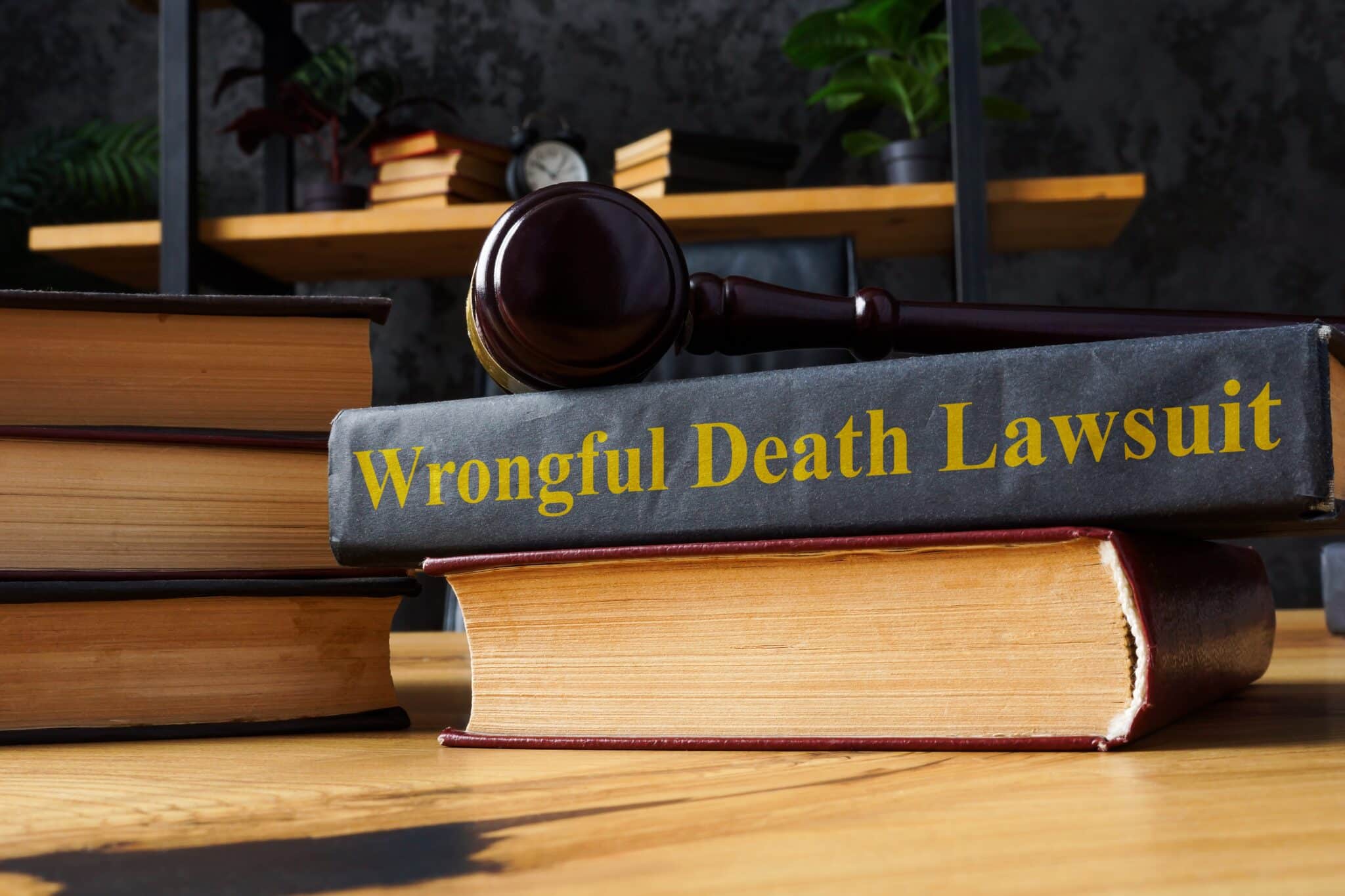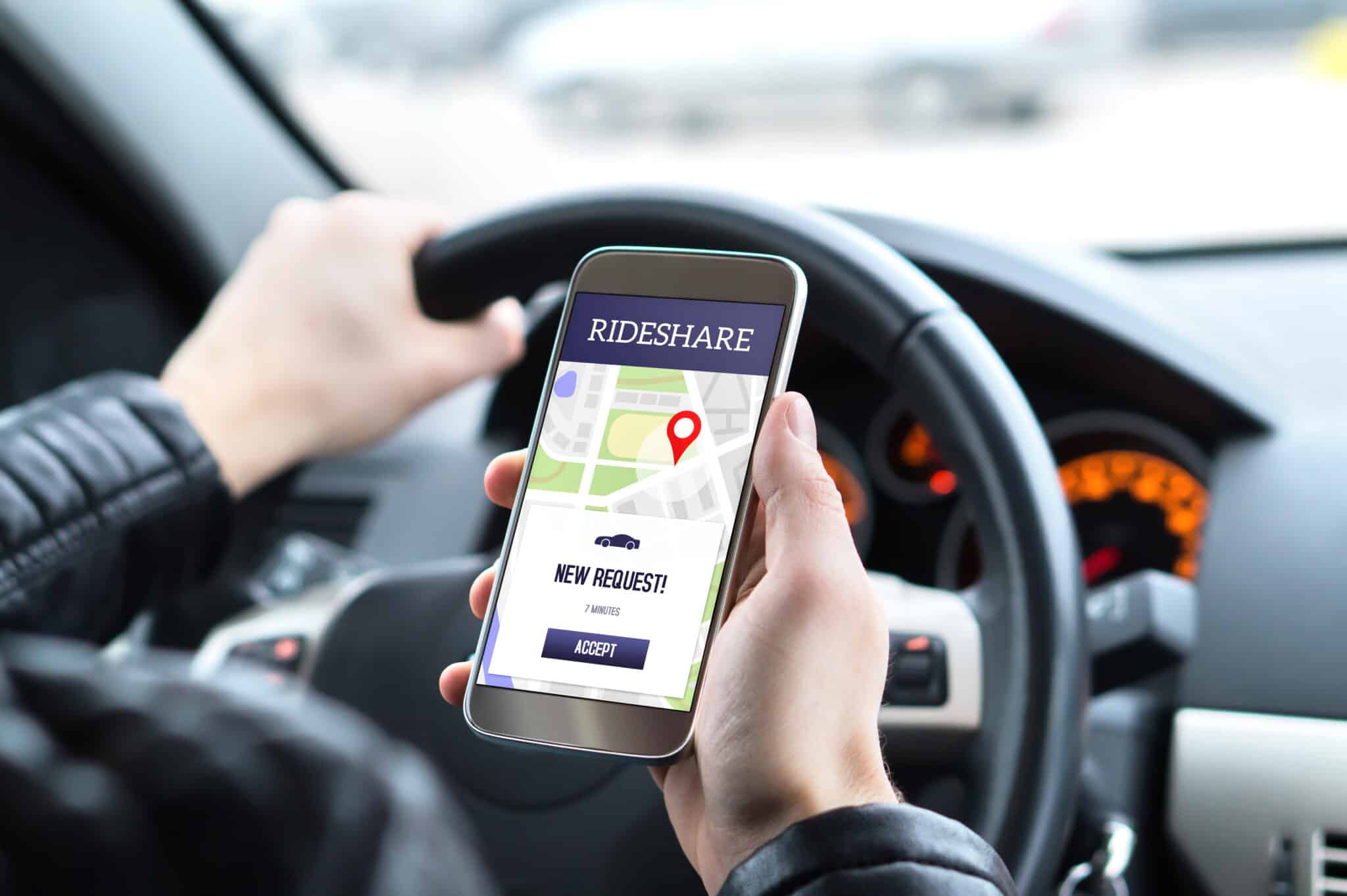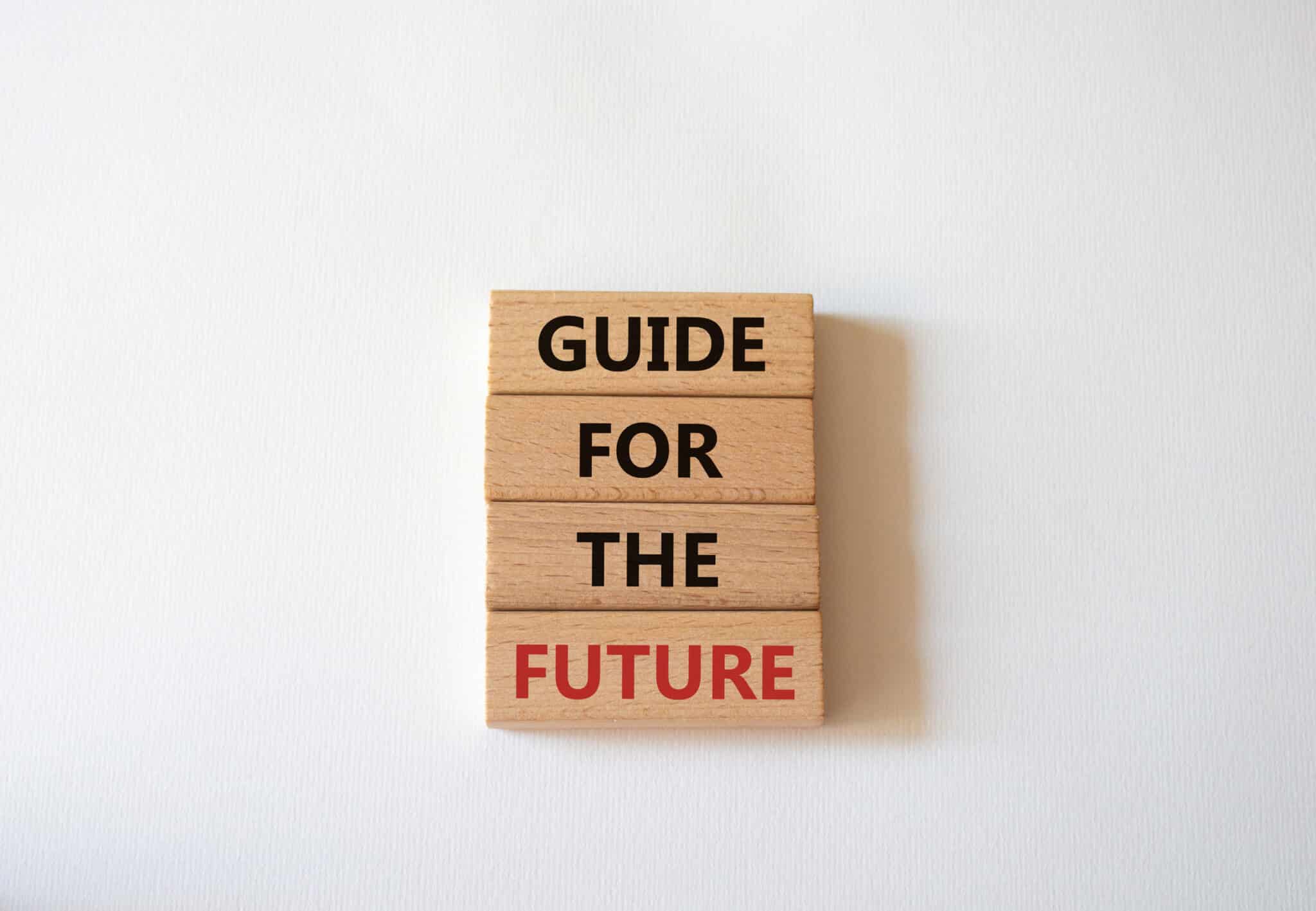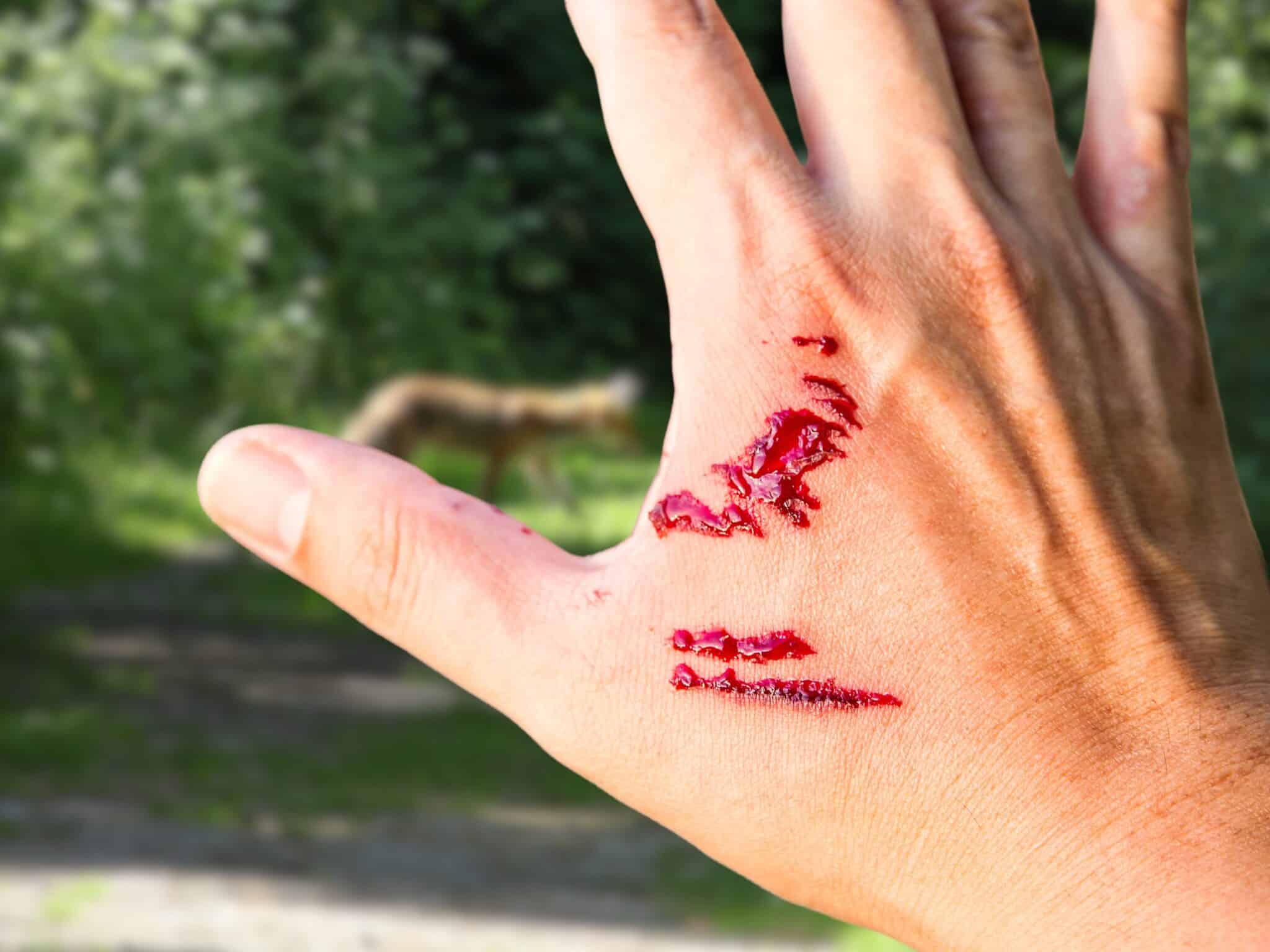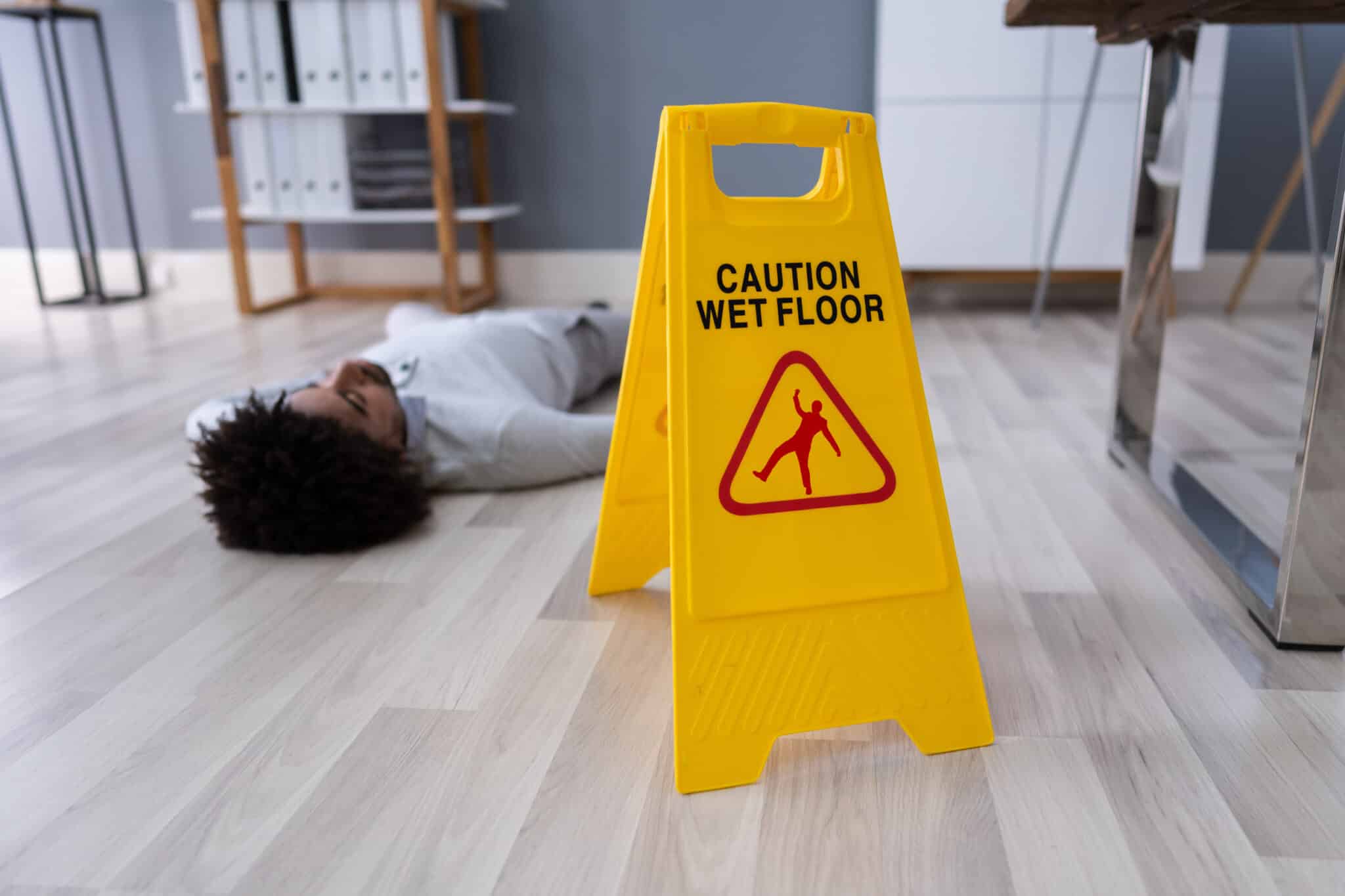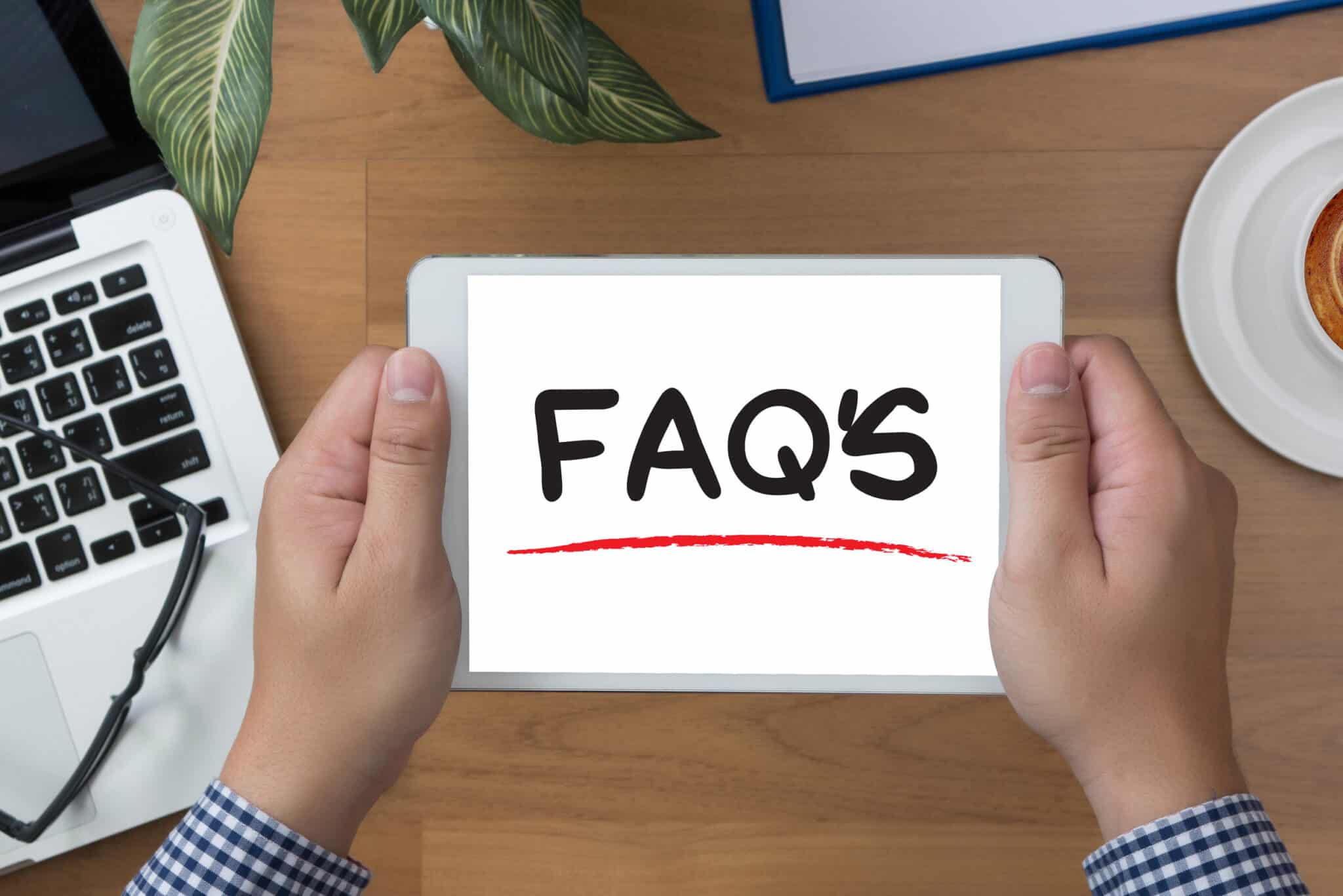A Complete Auto Accident Guide for Victims
A car accident doesn’t just leave dents in your vehicle—it rips through your life in ways you never saw coming. One minute, you’re driving like any other day, and the next, you’re drowning in medical bills, dealing with unreturned insurance calls, and wondering how long your paycheck will cover the chaos. The pain lingers. The stress builds. And the person who hit you? They might already be moving on.
Insurance companies don’t play fair. They use delay tactics, loopholes, and confusing language to wear you down. They hope you’ll take the first lowball offer and walk away. But you don’t have to.
This guide will help you cut through the confusion, protect your rights, and fight for the compensation you deserve. Because after a crash, the last thing you should have to battle is an insurance company trying to shortchange you. Make sure you have a strong legal team advocating for you. Schedule a free consultation with our seasoned Davie, Florida car accident attorneys at Madeleine Mannelo Law to understand your options.
Immediate Steps to Take at the Accident Scene
Prioritize Your Safety and Call for Help
If you’re able to move safely, check on yourself and any passengers. Call 911 to report the accident and request medical assistance if needed. Even if injuries don’t seem severe at first, getting emergency responders on the scene ensures you have proper documentation from the start.
Gather Evidence Before It’s Lost
Insurance companies and the other driver’s legal team will do everything possible to downplay what happened. The more proof you have, the harder it will be for them to twist the facts.
- Take photos and videos – Capture the accident scene, vehicle damage, road conditions, traffic signs, and any visible injuries.
- Get witness contact information – Neutral third-party statements can make a massive difference in proving fault.
- Exchange information – Get the other driver’s name, phone number, license plate, insurance details, and vehicle registration. Do not admit fault or apologize—anything you say can be used against you.
Seek Medical Attention—Even If You Feel Fine
Adrenaline can mask pain, and some injuries—like whiplash or internal bleeding—don’t show symptoms right away. Seeing a doctor as soon as possible strengthens your case by linking your injuries directly to the accident.
Delaying medical care gives the insurance company an opportunity to argue that your injuries weren’t serious or were caused by something else. Follow all medical recommendations and keep copies of your records and bills.
Follow Your Doctor’s Orders
Skipping follow-up appointments or ignoring treatment plans can hurt your claim. Insurance companies look for any excuse to say you made your injuries worse by not following medical advice. Sticking to your treatment plan not only helps your recovery but also supports your case.
Stay Off of Social Media
Insurance adjusters and defense lawyers scour social media for anything they can use against you. A simple post about feeling better or a photo of you at a family gathering can be twisted into evidence that you aren’t as injured as you claim. Until your case is resolved, avoid posting anything about your accident, injuries, or daily activities.
Document Your Recovery
Keeping a record of your pain levels, medical appointments, and how the accident has affected your life can be powerful evidence in your claim. A recovery journal can help show:
- Daily pain and discomfort levels
- Emotional struggles caused by the accident
- Limitations on work and daily activities
- Missed events or changes in lifestyle due to your injuries
Do Not Provide a Recorded Statement
Insurance companies often ask for recorded statements soon after the accident. They’ll say it’s to gather information, but their real goal is to catch you saying something they can use against you. Even an innocent comment like “I didn’t see the other car” can be twisted into an admission of fault.
Instead, let your car accident lawyer handle all communication with the insurance companies. They know how to protect your interests and ensure that your words aren’t used against you.
Notifying the Insurance Company
Most insurance policies require you to report an accident within a certain timeframe. However, be careful about what you say. Stick to the basic facts—date, time, location, and that you were involved in an accident. Do not discuss fault, injuries, or other details until you’ve spoken to a car accident lawyer.
Additionally, knowing your insurance policy can help you make informed decisions. Some key coverage types include:
- Personal Injury Protection (PIP) – Covers medical expenses and lost wages, regardless of who was at fault.
- Liability Coverage – Pays for the other driver’s damages if you are at fault.
- Uninsured/Underinsured Motorist Coverage – Protects you if the at-fault driver doesn’t have enough insurance to cover your damages.
Dealing with Insurance Adjusters & Settlements
Insurance adjusters are trained to minimize payouts. Be polite but cautious. Anything you say can be misinterpreted or taken out of context.
What Not to Say
After an accident, anything you say can be used against you, so it’s important to be mindful of your words. Avoid statements like:
- “I feel fine.” – This can be used to downplay your injuries.
- “I think I was going X mph.” – Any speculation can be used against you.
- “Maybe I could’ve stopped sooner.” – This may be twisted into an admission of fault.
How Insurance Companies Minimize Payouts
Insurance companies use various tactics to reduce settlements, such as:
- Offering lowball settlements before you know the full extent of your injuries.
- Delaying payments in hopes you’ll accept less out of frustration.
- Arguing that your injuries were pre-existing or unrelated to the accident.
- Attempting to assign partial or full fault to reduce their payout.
- Prolonging the claims process to pressure you into settling for less.
Never accept the first offer without reviewing it with a car accident lawyer. Once you accept a settlement, you forfeit the right to seek additional compensation, even if your injuries turn out to be worse than expected.
Types of Compensation You May Be Entitled To
Medical Expenses
The cost of medical care after a car accident can be staggering. Compensation should cover:
- Emergency room visits
- Surgeries and hospital stays
- Doctor appointments and follow-ups
- Physical therapy and rehabilitation
- Prescription medications
- Ongoing or future treatments for long-term injuries
If your injuries lead to mobility limitations, you may be entitled to compensation for necessary modifications to your home or vehicle. This can include installing wheelchair ramps, stair lifts, widened doorways, or hand controls in a car to help you regain independence and navigate daily life more easily.
Additionally, if your injuries prevent you from handling daily tasks, you may be compensated for hiring assistance. This can cover the cost of a caretaker, housekeeper, or childcare provider to help with essential household duties, ensuring you receive the support needed during your recovery.
Lost Wages and Loss of Earning Capacity
If your injuries prevent you from working, you may be entitled to compensation for lost wages. This includes:
- Paychecks missed while recovering
- Lost bonuses, overtime, or commissions
- Paid time off or vacation days used for recovery
For severe injuries that affect your ability to work long-term, you may also be compensated for loss of earning capacity—meaning the wages you would have earned in the future if the accident had never happened.
Property Damage
After a car accident, property damage compensation covers the cost of repairing or replacing your vehicle and damaged personal belongings. This may include towing, rental car expenses, and diminished vehicle value. If your car is totaled, you should receive its fair market value. Compensation can also cover items inside your car, such as laptops or phones, and damage to property like fences or mailboxes.
Wrongful Death Damages
When a car accident leads to a fatality, your family may be entitled to wrongful death damages. This compensation helps your loved ones cope with financial and emotional losses. It may include funeral and burial expenses, medical bills incurred before death, lost income and benefits you would have provided, and loss of companionship or guidance for your spouse and children.
Pain and Suffering
Not all damages come with a receipt. The physical pain and emotional distress caused by a car accident can impact every part of your life. Compensation for pain and suffering considers:
- The severity of your injuries
- How long you’ve been in pain
- Whether your injuries cause permanent disability or impairment
- The impact on your daily activities and relationships
Emotional Distress
Beyond physical pain, car accidents can leave lasting emotional scars. Anxiety, depression, PTSD, and sleep disturbances are common after serious crashes. If your mental health has suffered due to the accident, compensation may be available for:
- Therapy and counseling costs
- Medication for anxiety or depression
- The impact on your relationships and quality of life
How Compensation Is Calculated
Determining the value of a car accident claim isn’t straightforward. Every case is different, and several factors influence the final payout. Here are some key factors that affect compensation:
- Severity of Injuries – More serious injuries generally lead to higher compensation. Permanent disabilities or long-term medical needs increase the amount.
- Total Medical Costs – Your medical bills (past and future) play a significant role in determining your claim’s value.
- Impact on Daily Life – If your injuries prevent you from working, participating in hobbies, or caring for your family, it strengthens your case for higher compensation.
- Liability – If the other driver was 100% at fault, your claim will likely be worth more. If there’s any dispute about fault, the insurance company may try to reduce your payout.
- Pain and Suffering Calculations – Insurance companies often use a multiplier method, where they multiply your medical expenses by a number between 1.5 and 5 (depending on the severity of your injuries). A lawyer ensures they don’t use a low multiplier to undervalue your claim.
Florida’s Statute of Limitations
In Davie, Florida, you have two years from the date of a car accident to file a personal injury lawsuit. If you miss this deadline, you may lose your right to seek compensation. However, exceptions may apply in certain cases, such as injuries discovered later or claims involving minors. Consulting a lawyer early can ensure you meet all legal deadlines.
Special Circumstances: How to Handle Unique Car Accident Situations
The At-Fault Driver Is Uninsured or Underinsured
Insurance companies often deny or limit claims in these situations, leaving accident victims struggling financially.
What Are Your Options?
- Uninsured Motorist Coverage (UM): If you have UM coverage on your policy, it can cover medical expenses, lost wages, and pain and suffering when the at-fault driver has no insurance.
- Underinsured Motorist Coverage (UIM): If the other driver’s insurance policy doesn’t fully cover your damages, UIM coverage can help make up the difference.
- Personal Injury Lawsuit: If the at-fault driver has personal assets, you may be able to file a lawsuit against them directly. However, many uninsured drivers don’t have the financial means to pay damages.
You Were a Pedestrian or Cyclist Hit by a Car
Pedestrians and cyclists have no protection against the impact of a vehicle, and the medical costs can be enormous. Insurance companies often try to shift blame, arguing that the victim wasn’t paying attention or wasn’t in a crosswalk.
So, who pays for your injuries?
- The Driver’s Auto Insurance: If the driver was at fault, their insurance should cover your medical expenses, lost wages, and pain and suffering.
- Uninsured Motorist Coverage: If the driver has no insurance, your own UM coverage may apply, even though you weren’t in a vehicle.
- Health Insurance: If no other coverage is available, your health insurance may help pay for medical treatment.
You Were in a Rideshare Accident (Uber/Lyft)
Ridesharing companies have large insurance policies, but they don’t always cover every accident. So, who is liable for your injuries?
If the Uber/Lyft Driver Was at Fault:
- If they were actively transporting a passenger or had accepted a ride request, Uber/Lyft’s insurance covers up to $1 million.
- If they were logged into the app but had not accepted a ride, limited coverage applies.
- If they were not logged into the app, their personal auto insurance is responsible.
If Another Driver Was at Fault:
- The at-fault driver’s insurance should cover your injuries.
- If they are uninsured or underinsured, Uber/Lyft’s policy may provide additional coverage.
You Were in a Hit-and-Run Accident
Getting hit by a driver who immediately flees the scene is frustrating and unfair. Unfortunately, hit-and-run accidents happen far too often, and victims are left wondering how they’ll recover damages.
What Are Your Options?
- Uninsured Motorist Coverage: If the at-fault driver isn’t found, your UM policy may cover your medical bills, lost wages, and pain and suffering.
- Personal Injury Protection (PIP): If you have PIP coverage, it can help with medical expenses and lost income, regardless of fault.
- Police Investigation: If law enforcement finds the hit-and-run driver, you can file a claim against their insurance or pursue a personal injury lawsuit.
The Accident Involved a Commercial Truck
Truck accidents are different from standard car accidents. The injuries are often severe, and multiple parties may be responsible.
Who Can Be Held Responsible?
- The Truck Driver: If they were speeding, distracted, fatigued, or under the influence, they can be held liable.
- The Trucking Company: If they failed to train their drivers properly, pushed them to meet unrealistic deadlines, or didn’t maintain the vehicle, they may be responsible.
- The Truck Manufacturer: The manufacturer may be liable if a defective part caused the crash.
Win Your Case with Experienced Davie, Florida Car Accident Attorneys
A car accident throws your life into chaos. One minute, you’re driving like any other day, and the next, you’re dealing with injuries, bills, and insurance adjusters asking for statements. No one prepares you for what comes next—but that’s exactly why we created this guide. It lays out what you need to know after an accident—the steps to take, the mistakes to avoid, and how to protect your claim. But reading about it is just the first step. Getting the compensation you actually deserve? That’s where we come in.
When you hire the car accident attorneys at Madeleine Mannelo Law, you don’t have to worry about legal deadlines, confusing paperwork, or negotiating with insurers. We take care of everything. We gather evidence, prove liability, and demand full compensation for your injuries. If they refuse to offer a fair settlement, we take the fight to court.
At Madeleine Mannelo Law Group, we work on a no-win, no-fee basis, so there’s no risk in reaching out. Call 954-606-6606 today or contact us online to find out how we can help. When your future is at stake, you need a law firm that truly fights for you.

 Dog Bites Can Cause Serious Complications
Dog Bites Can Cause Serious Complications 

